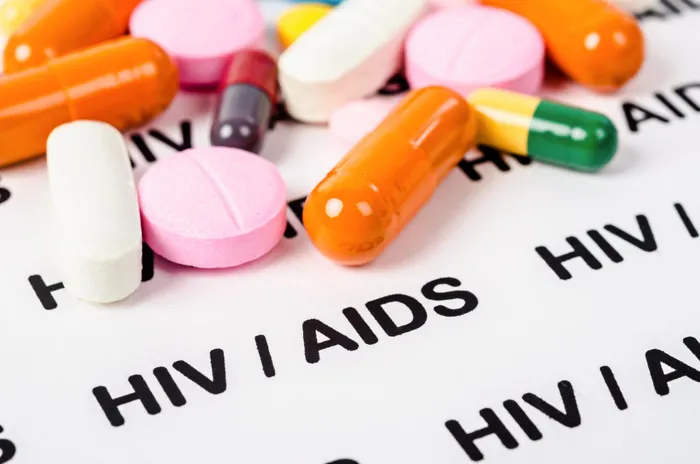
Even more concerning in Pakistan is the growing aesthetic and cosmetic procedures industry, which includes services such as hair transplants, skin treatments, microneedling, and injectable therapies.
Image: Supplied
Pakistan is facing an alarming surge in HIV cases, pushing the country into what public health experts now describe as a concentrated epidemic. Although the government has pledged to curb the spread of the virus in line with global commitments under the Sustainable Development Goals, the situation on the ground suggests that much more needs to be done—and urgently.
HIV, or human immunodeficiency virus, spreads primarily through unprotected sexual contact, sharing of contaminated needles, and from mother to child during pregnancy, childbirth or breastfeeding. But while public health campaigns in Pakistan have focused largely on these known transmission routes, a dangerous blind spot remains: the growing threat posed by unregulated beauty salons, barbershops, and aesthetic clinics.
Experts warn that these venues, which are mushrooming across urban and semi-urban areas, could be acting as silent contributors to the rising number of HIV cases. In these establishments, basic hygiene and sterilisation protocols are often overlooked. Instruments such as razors, scissors, nail clippers, and needles are reused without proper cleaning, making them potential carriers of HIV and other blood-borne diseases.
“In many beauty parlours and salons, there is a complete lack of awareness about infection control,” says a senior public health official. “Procedures like waxing, shaving, pedicures, and manicures, which may involve exposure to blood or broken skin, are being carried out without any sterilisation. This presents a serious risk.”
Even more concerning is the growing aesthetic and cosmetic procedures industry, which includes services such as hair transplants, skin treatments, microneedling, and injectable therapies. Many of these procedures involve penetration of the skin, and in unregulated clinics, they are often performed by individuals without any certified medical training.
According to healthcare experts, the absence of board-certified doctors in many aesthetic clinics across Pakistan is contributing to unsafe practices. Without formal training in infection prevention and patient safety, these practitioners may unknowingly put their clients at risk of contracting HIV.
“These clinics are not being held accountable,” says a practising dermatologist in Lahore. “We need regulatory oversight. Anyone performing a procedure involving skin penetration must be trained, certified, and monitored. Otherwise, we are playing with people’s lives.”
Government efforts to control HIV have so far focused on hospitals, blood transfusions, and high-risk groups. While these remain essential areas, authorities have largely ignored the growing threat posed by community-level services. As a result, HIV is now spreading in pockets that were once considered low-risk.
There is, however, a growing sense of urgency within the health ministry. The appointment of Professor Dr Ayesha Isani Majeed as the Federal Director General of Health has brought cautious optimism. Known for her integrity and strong leadership in previous public health roles, including the national HIV control program, Dr Majeed is expected to take a more comprehensive approach.
Health Minister Syed Mustafa Kamal has expressed a commitment to healthcare reforms, and the inclusion of experienced public health professionals in decision-making roles is a step in the right direction. But real change will depend on how quickly and effectively these leaders move from policy to action.
To address this hidden crisis, experts recommend a series of immediate interventions. First, mandatory training programs must be introduced for all workers in beauty salons, barbershops, and aesthetic clinics. These sessions should cover the basics of HIV transmission, sterilization practices, and the importance of using disposable tools when appropriate.
Second, regular inspections must be carried out by provincial health departments. Any establishment performing procedures that involve blood or skin penetration should be licensed and subject to strict hygiene regulations.
Third, the public must be better informed. Misconceptions about HIV remain widespread in Pakistan, and the associated stigma prevents many individuals from getting tested or seeking treatment. Education campaigns need to be targeted, inclusive, and persistent, aiming to normalize conversations about HIV prevention and safety.
Pakistan’s growing HIV problem is not just a medical issue—it reflects larger gaps in governance, regulation, and awareness. If immediate action is not taken, the country risks losing control of a crisis that is still preventable.
The spread of HIV through beauty and aesthetic services is not hypothetical. It is real, it is happening now, and it is putting lives at risk. The government must recognise this as a critical public health threat and take swift steps to regulate, educate, and enforce safety across all levels of society.